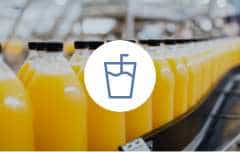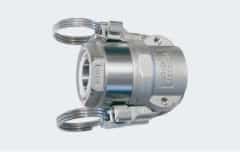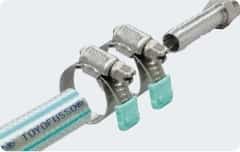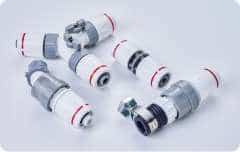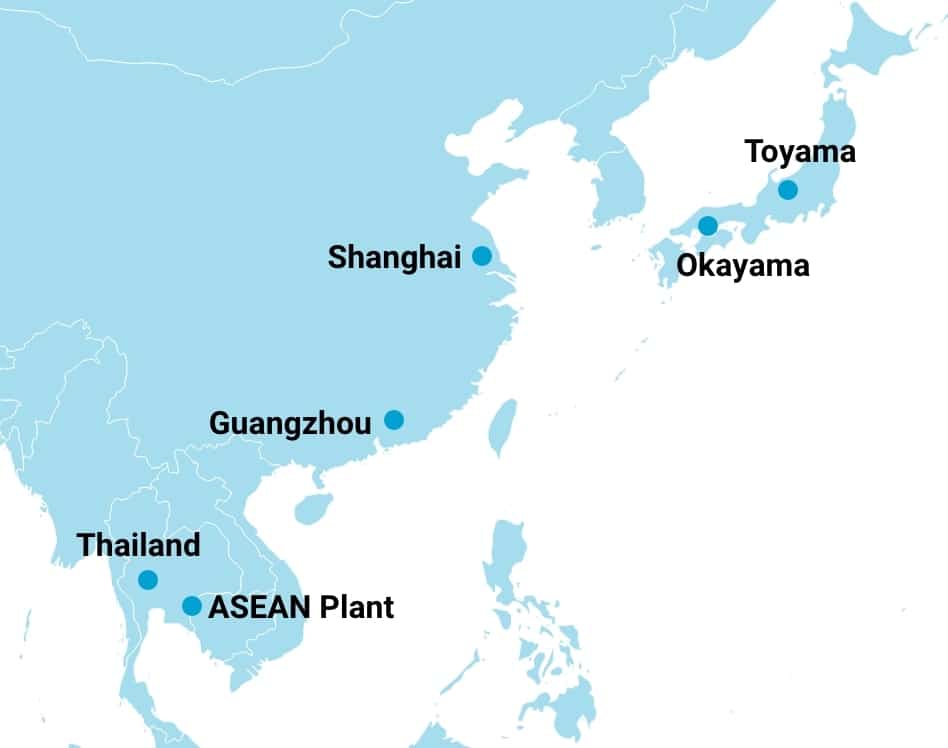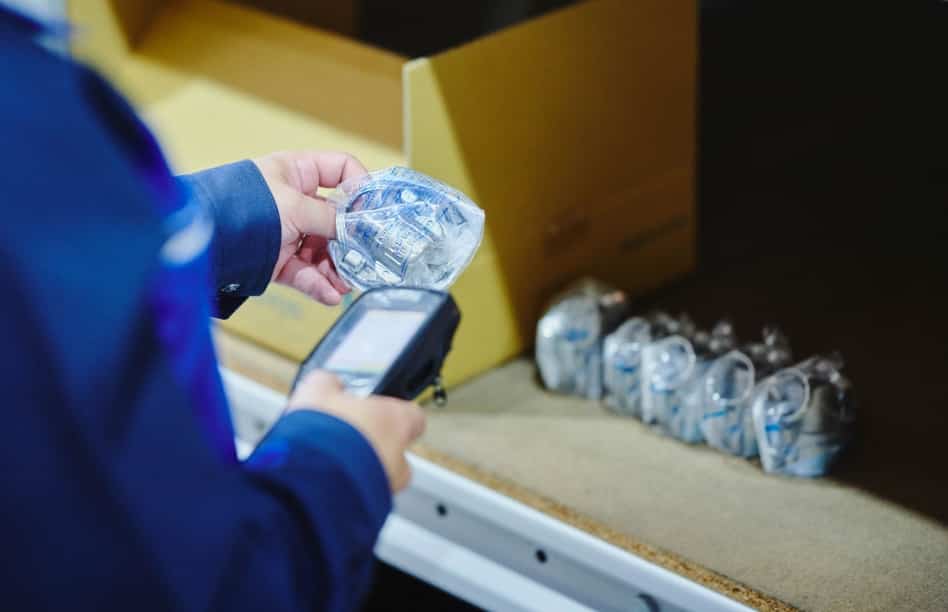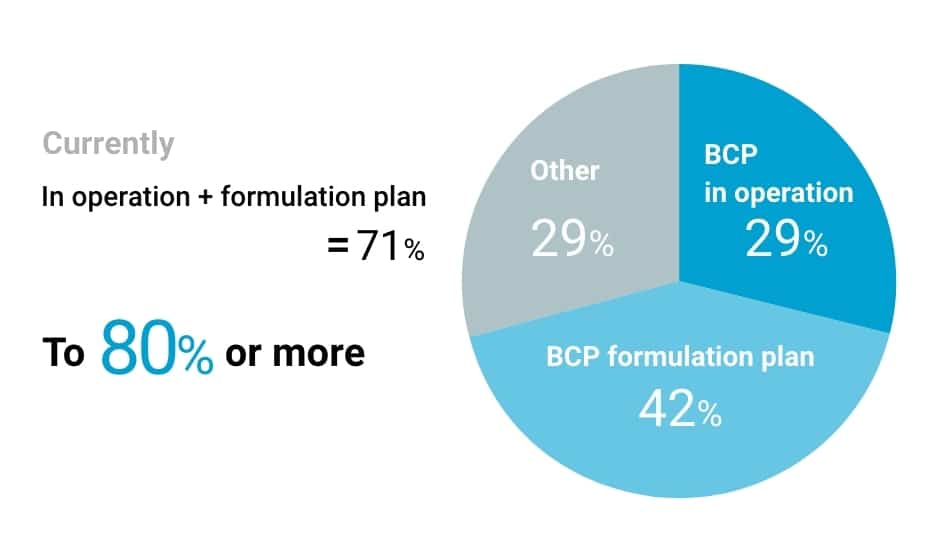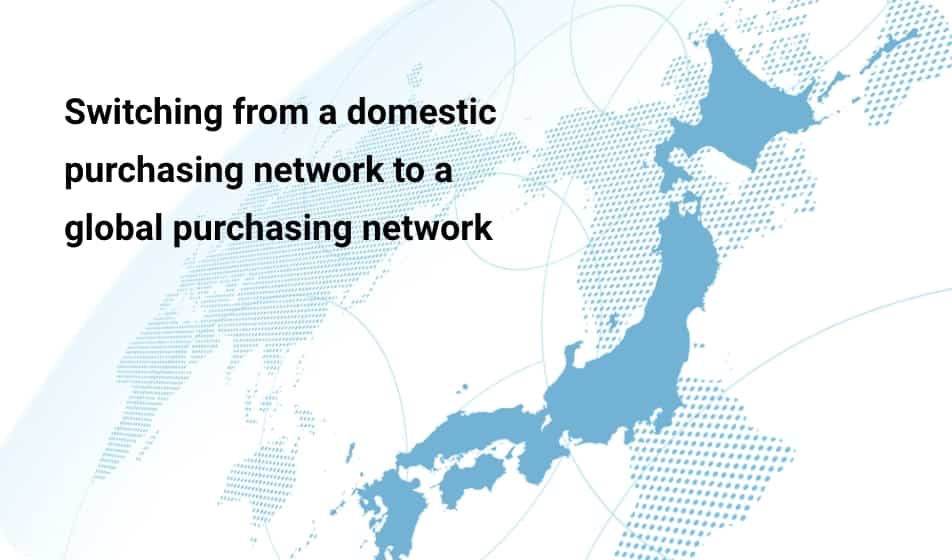We are working on BCP measures to promise stable deliveries.
Unforeseen events such as sudden heavy rain or earthquakes may happen any day. Toyox has formulated a Business Continuity Plan (BCP) to ensure stable deliveries and peace of mind for our customers, regardless of the situation.
Why Does Toyox Need a BCP? Why Do We Work?
Maintaining customer trust
To carry out our product supply responsibilities and continue our reliable and secure dealings with customers, by minimizing damage and speeding up recovery when the worst does happen as well as preventing foreseeable risks.
Ensuring safety for employees and their families
To be a business where our employees can work with peace of mind, knowing that our highest priority is their safety and continued employment, as well as the safety of their families.
Contributing to the local community and society
To create a corporate culture in which each employee is able to voluntarily contribute to the local community and society, not only in times of calm but also in times of emergency, all while keeping in mind the principle behind contributing to the local community and society.
What Kind of Accidents and Disasters Might Happen? Anticipate
Of all the risks facing Toyox, we have chosen to focus on water damage and earthquakes, viral infection, and computer viruses.
-
Water damage
-
Earthquakes
-
Viral
infection
-
Computer virus
infection
Specific Approaches to BCP Measures Measures
-
01
Plant decentralization
-
02
Stabilized delivery and increased inventory
-
03
Plant disaster preparedness reinforcement
-
04
Inventory site decentralization
-
05
BCP supply chain construction
Promising stable deliveries to your company through BCP measures!
01Plant decentralization
Toyox decentralizes its plants: six plants located within Kurobe City, two cooperating plants outside Toyama Prefecture, as well as plants overseas. This is all done to prepare our company for the unexpected.
- 1 Within Kurobe City 4 headquarters plants, 2 cooperating plants
- 2 Outside Toyama Prefecture 2 cooperating plants
- 3 Overseas ASEAN Plant
- 4 Overseas Collaboration with Italian company FITT SPA
-
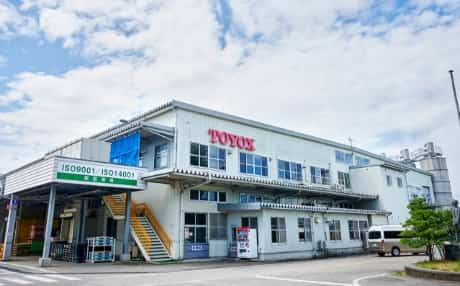
Headquarters plant
-
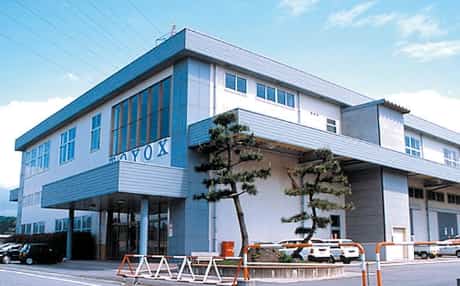
Headquarters Technical Center
-
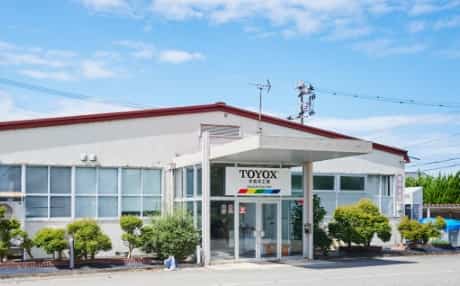
Unazuki Plant
-
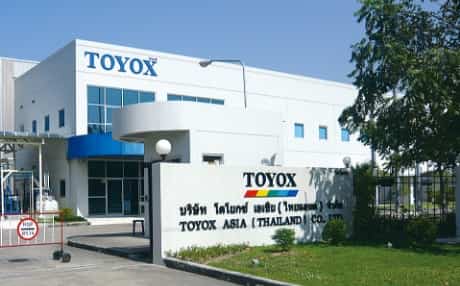
ASEAN Plant
022 Stabilized delivery and increased inventory
Production and logistics are decentralized between six facilities both inside and outside Japan
By decentralizing production and logistics between six facilities both inside and outside Japan, we have constructed a system that enables us to continue the steady delivery of products to customers even when unexpected events such as a disaster strikes.
03Plant disaster preparedness reinforcement
- 1 Installation of rain gauges for rapid hazard detection
- 2 Installation of sandbags and regular training as countermeasures to water intrusion into plants when floods occur
- 3 Introduction of earthquake warning systems for rapid evacuation
- 4 Installation of water intrusion countermeasures at plants
- 5 Anchoring equipment as an earthquake countermeasure
- 6 Regularly conducting nighttime disaster readiness training
- 7 Increasing inventory to cover supply until plant recovery
- 8 Installing data servers on higher floors as a flood countermeasure
- 9 Introduction of an employee safety verification system using mobile phone email
-
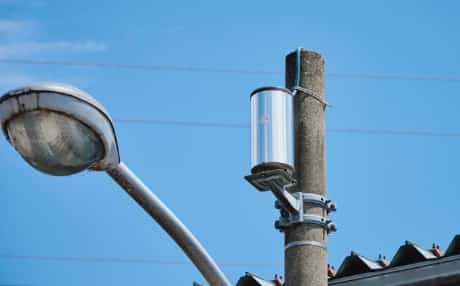
Installation of rain gauges as a countermeasure to sudden heavy rains
-
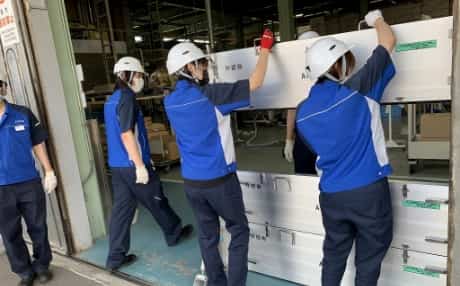
Installation of tidal barriers to protect inventory from floods
-
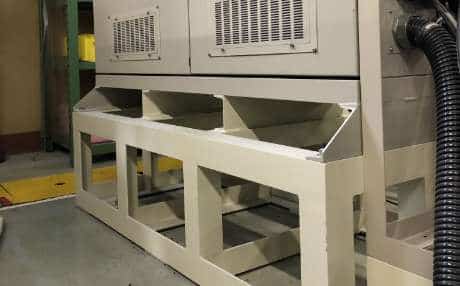
Placing control equipment on raised floors in case of electrical leakage
-
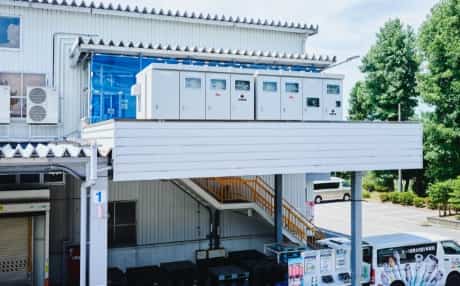
Placing power receiving and transformer equipment on higher floors in case of power outages
04Inventory site decentralization
Decentralizing our warehouses enables us to locate and ship products from another location, even in emergencies. This prevents any inconvenience to customers, such as the stopping of their production lines.
05BCP supply chain construction
- 1 Implementation of countermeasures to the risk of infection by pathogenic viruses
- 2 Conducting BCP action questionnaires with suppliers
- 3 Creating databases of suppliers and products
- 4 Dispersing supplier geographical risks
- 5 Constructing a global purchasing network







